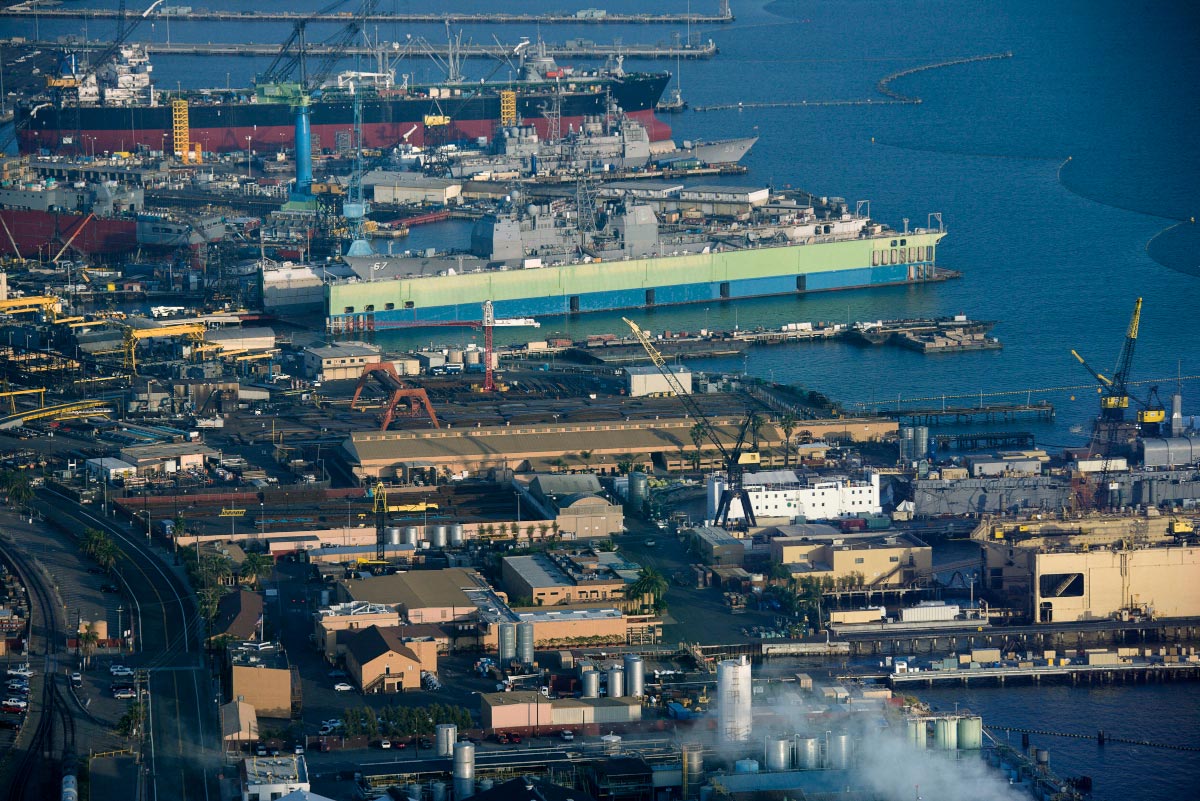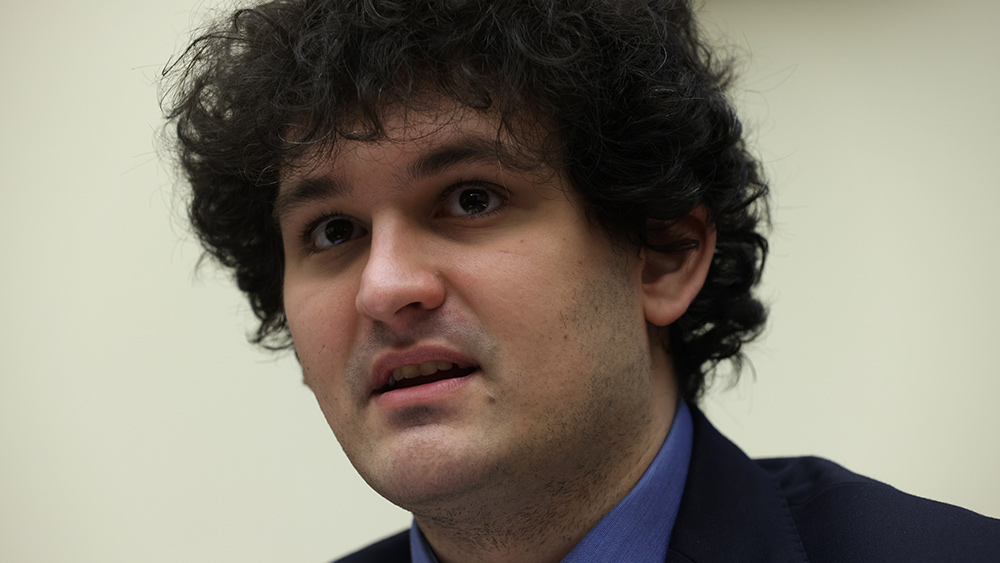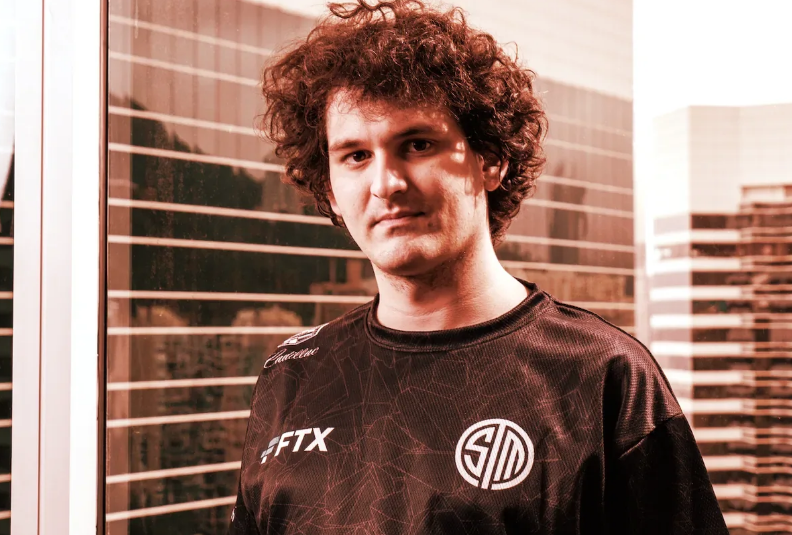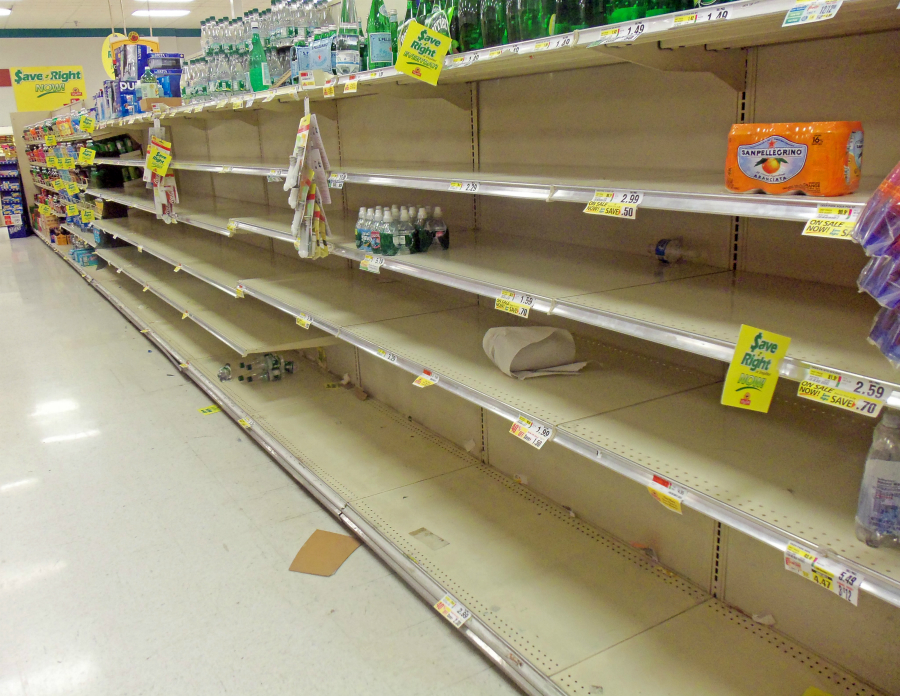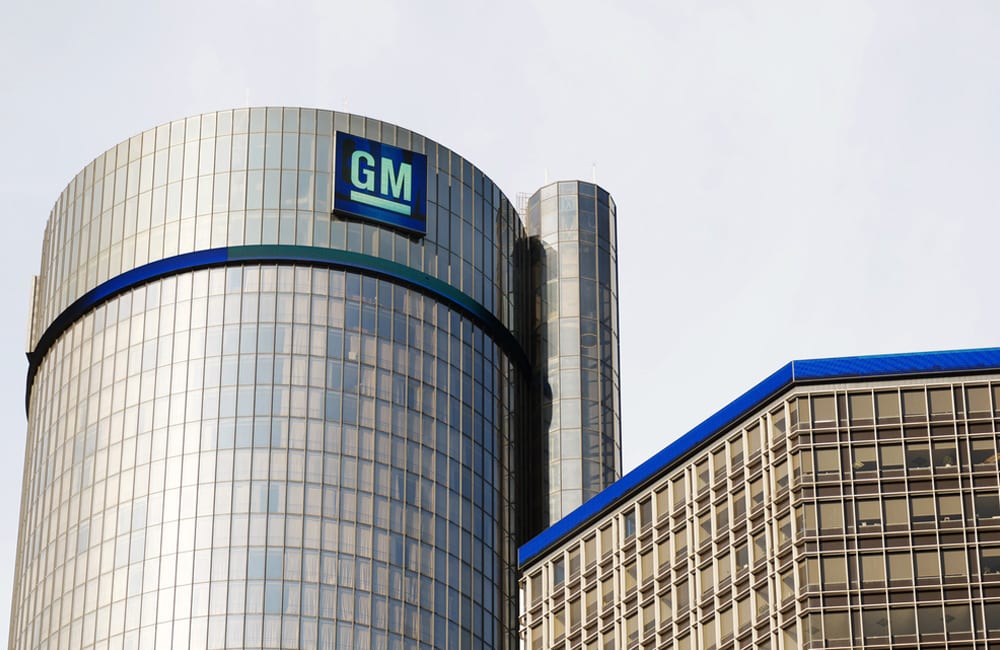HYPOCRISY: Big Business refuses to condemn Israel’s bombings of Gazan civilians
10/17/2023 / By Ramon Tomey
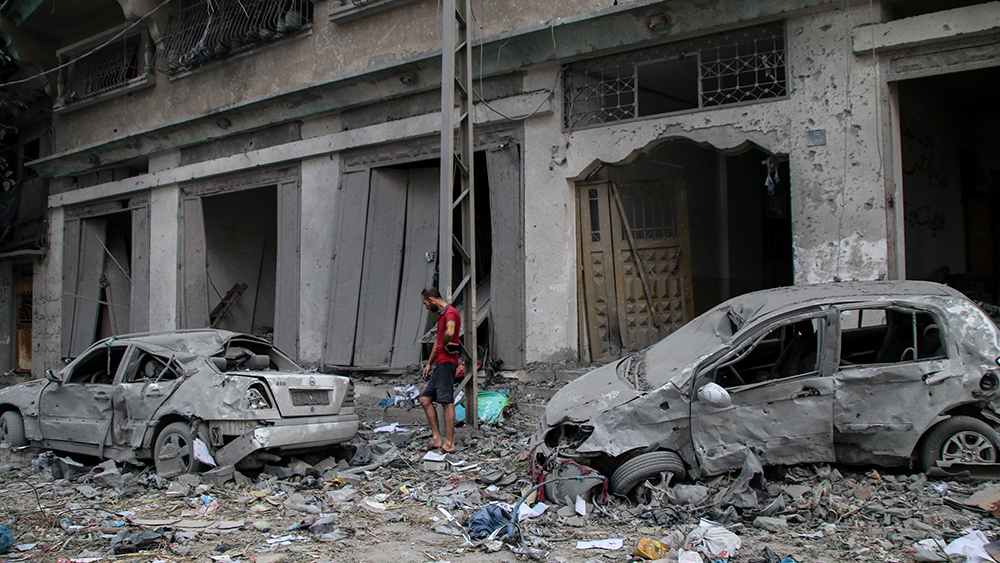
Many companies that strongly condemned Russia during the onset of the Russia-Ukraine war in February 2022 are noticeably silent during the Israel-Palestine war.
An Oct. 13 piece by Al Jazeera‘s Erin Hale pointed out this phenomenon, drawing parallels to the two conflicts. “When Russia launched its full-scale invasion of Ukraine last year, the corporate world’s response was loud and clear,” she wrote.
“Corporate giants – [such as] Adidas, Disney, Bank of America and Toyota – pledged financial and moral support for Ukraine and Ukrainians. CEOs, including Apple’s Tim Cook and Citi Group’s Jane Fraser, sported Ukrainian flag lapels in solidarity.”
“Many firms, including oil behemoth ExxonMobil and household goods brand Unilever, condemned Moscow in explicit terms. More than 1,000 companies ultimately pledged to cease or scale back business in Russia as perceptions of Moscow sourced globally.”
But Hale pointed out in her piece that the response of Big Business to the conflict in Israel “has been muted in comparison.” She noted that many of the companies that adopted a vocal stance during the Ukraine conflict have refused to comment on the recent one in the Middle East.
The Al Jazeera writer noted that those who have spoken out mainly expressed support for Israel and condemned Hamas over the terrorist group’s Oct. 7 attack during a music festival. The terrorist assault killed at least 1,300 and injured about 3,400 – forcing Israel to retaliate with air raids.
Major corporations, meanwhile, have been silent on these airstrikes that have exceeded the deaths and injuries in the initial attack. As of writing, the air raids have killed at least 1,799 Palestinians and injured more than 6,300.
“Expressions of solidarity in countries such as the U.S. and [the] U.K. have been largely confined to small organizations,” wrote Hale.
The UN and aid groups have warned of an impending humanitarian catastrophe in Palestinian territory after Israel ordered 1.1 million Palestinians in the Gaza Strip to evacuate. The evacuation order came 24 hours ahead of an expected ground offensive by the Israel Defense Forces. (Related: Israel DELAYS Gaza ground offensive as it orders 1.1 million Palestinians in northern Strip to EVACUATE.)
Marketing experts: Weighing in on Israel conflict a RISKY move for companies
Hale noted: “For companies known for touting their social justice credentials, the Israel-Palestine conflict represents a particularly challenging issue to weigh in on due to the sensitivities and complex dynamics involved, according to marketing experts.”
According to Campaign Asia editor Rahat Kapur, the level of historical complexity and nuance involved in the conflict makes companies wary of inserting themselves and engaging in “brandification.” She explained to Al Jazeera: “There’s a temptation to issue binary points of view in order to show fervor and strength, which often backfires when their following or consumer base is able to see through these efforts.”
“Similarly, performative brand stances in social areas can often lead to more backlash, unprecedented reputation damage and overnight loss of customer sentiment and loyalty –which are all incredibly difficult, time-consuming and costly to recover.”
Associate marketing professor Felipe Thomaz said perceptions of companies’ social justice campaigns often come down to individuals’ personal beliefs and values. “We use brands as a way to communicate things about ourselves, … so it’s reasonable to want brands to reflect your opinion about the world,” he explained to Al Jazeera.
According to Thomaz, who is with the University of Oxford‘s Said Business School, the stakes are especially high during a war – which explains why brands often prefer to stick to general comments decrying violence or say nothing at all.
“When brands take a stance that is opposite to the majority of its users, that statement becomes an attack on their identity, and they revolt. So it’s risky.”
Hale also noted that showing support for Palestine is likewise “risky” for many companies in Western countries. Governments have also stepped in by banning pro-Palestine demonstrations, she pointed out.
“In the U.S., pro-Palestine rallies … have faced heavy blowback from critics who have accused organizers of justifying Hamas violence. France has banned all pro-Palestine protests outright on public order grounds. [Meanwhile] Germany, Australia, the Netherlands and the U.K. have warned or restricted pro-Palestine groups accused of supporting Hamas or advocating anti-Jewish views.”
Visit WWIII.news for more stories about the ongoing conflict in Israel.
Watch this video explaining why Israeli forces killing civilians also deserves condemnation just like Hamas’ killing of civilians.
This video is from The Big Logic channel on Brighteon.com.
More related stories:
Top shipping companies are suspending bookings to and from Russia.
Sources include:
Submit a correction >>
Tagged Under:
airstrike, biased, big business, bombings, Bubble, chaos, evil, Hamas, humanitarian, insanity, Israel, Israel-Palestine war, Palestine, political correctness, risk, Russia, Russia-Ukraine war, social justice, terrorism, Twisted, violence, WWIII
This article may contain statements that reflect the opinion of the author
RECENT NEWS & ARTICLES
COPYRIGHT © 2017 RISK NEWS





